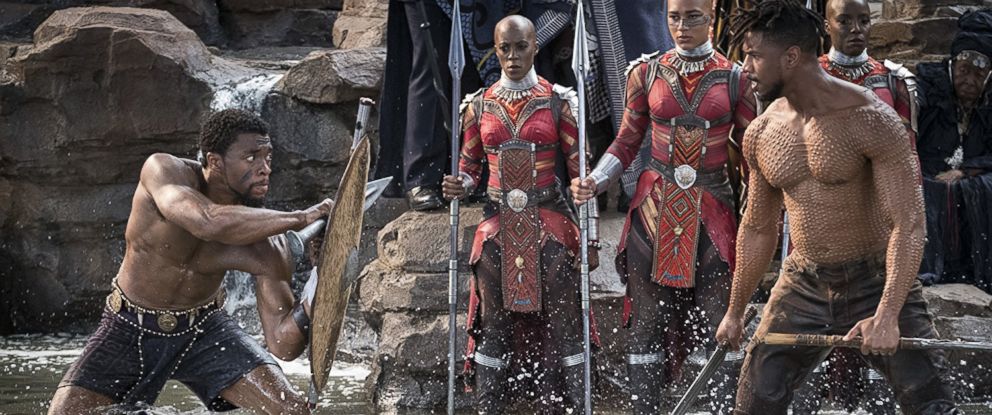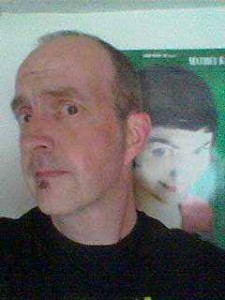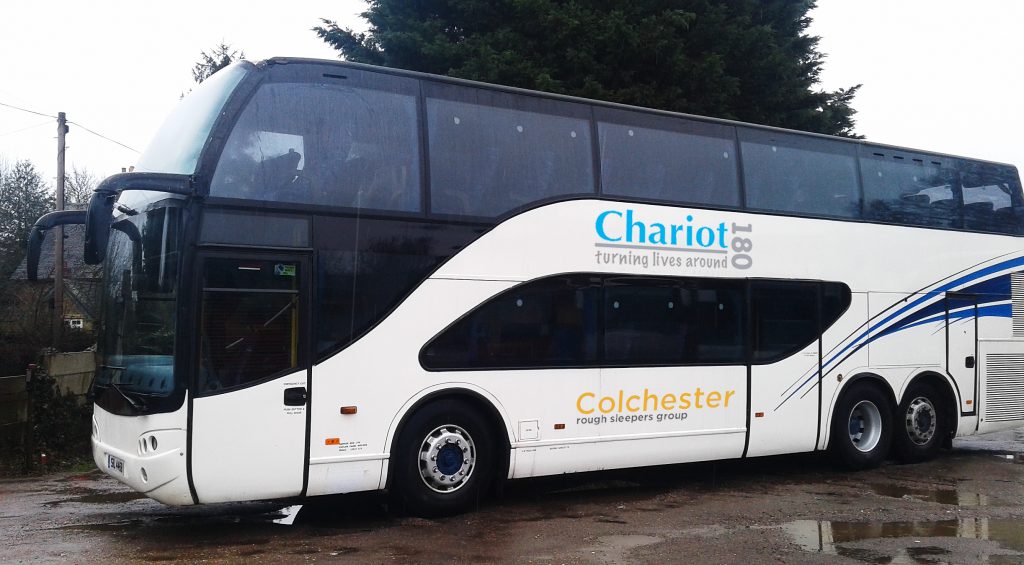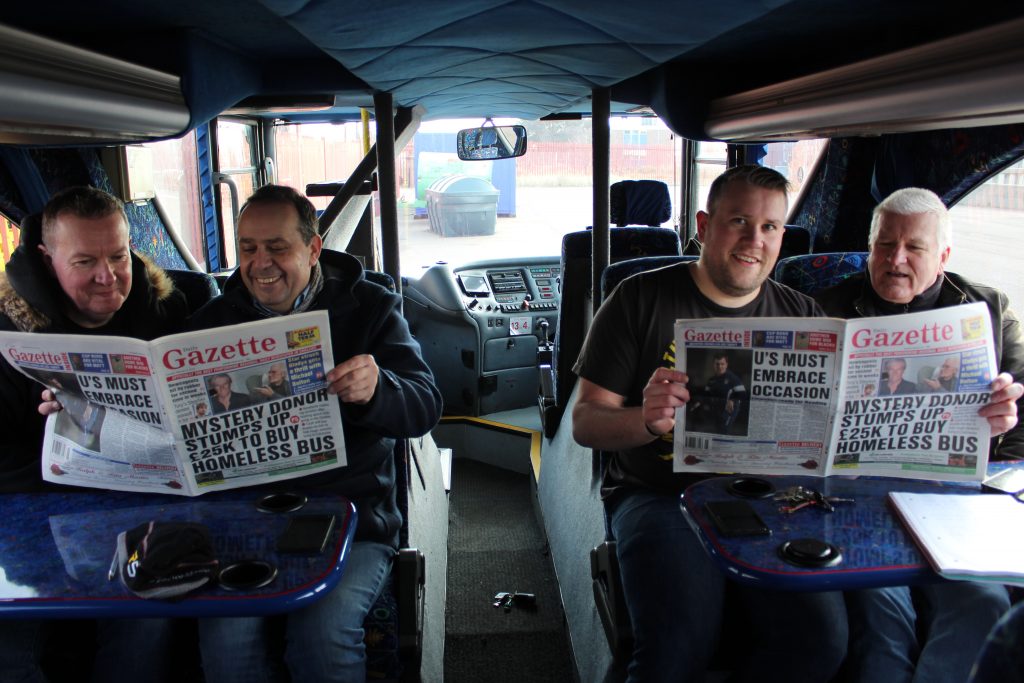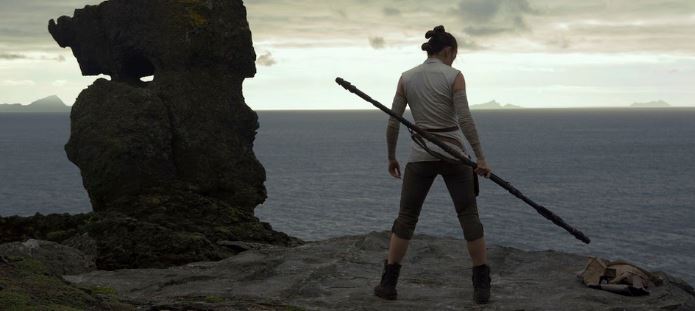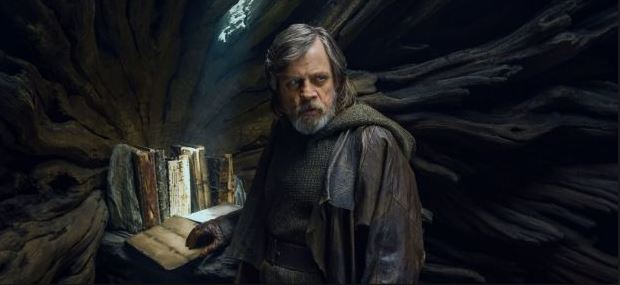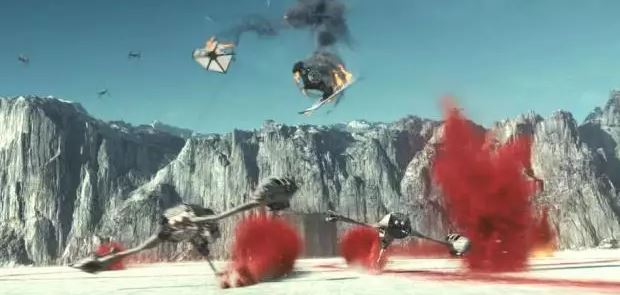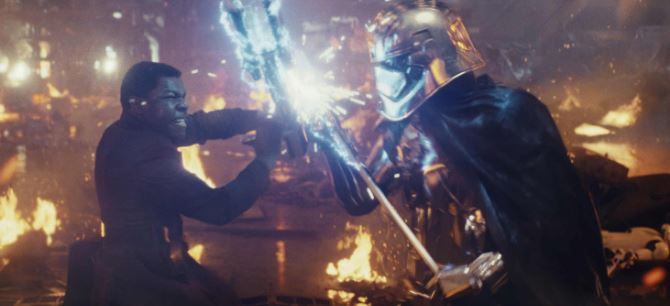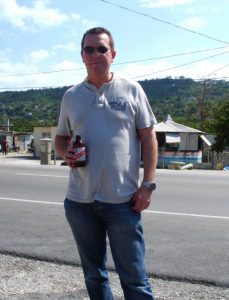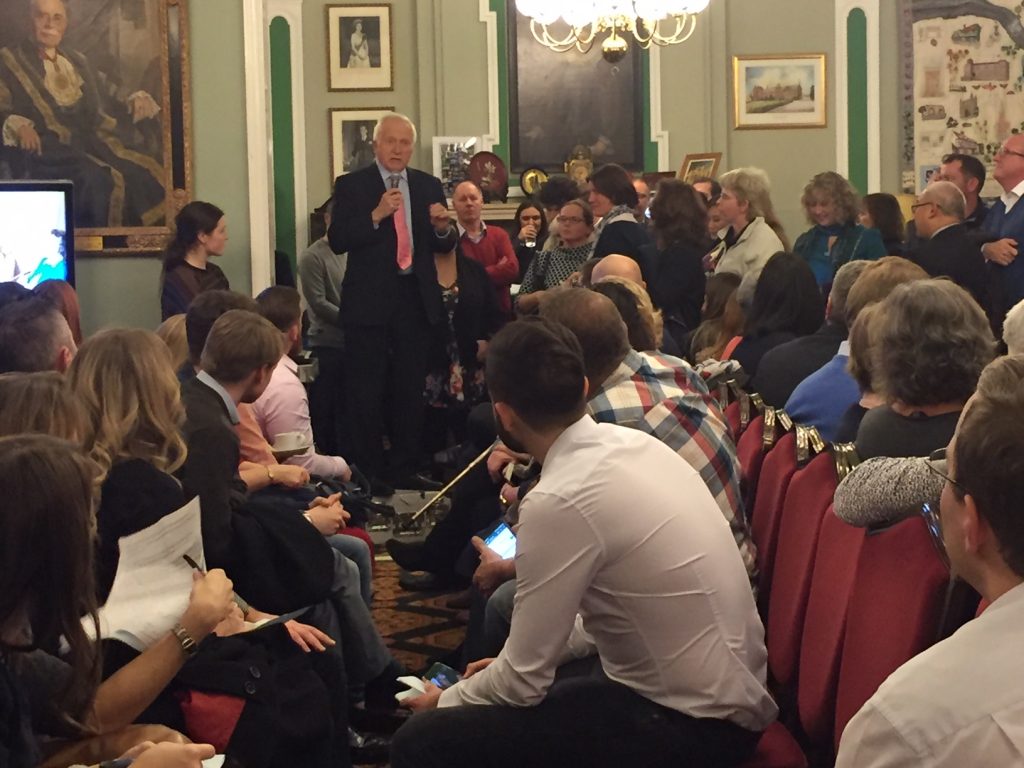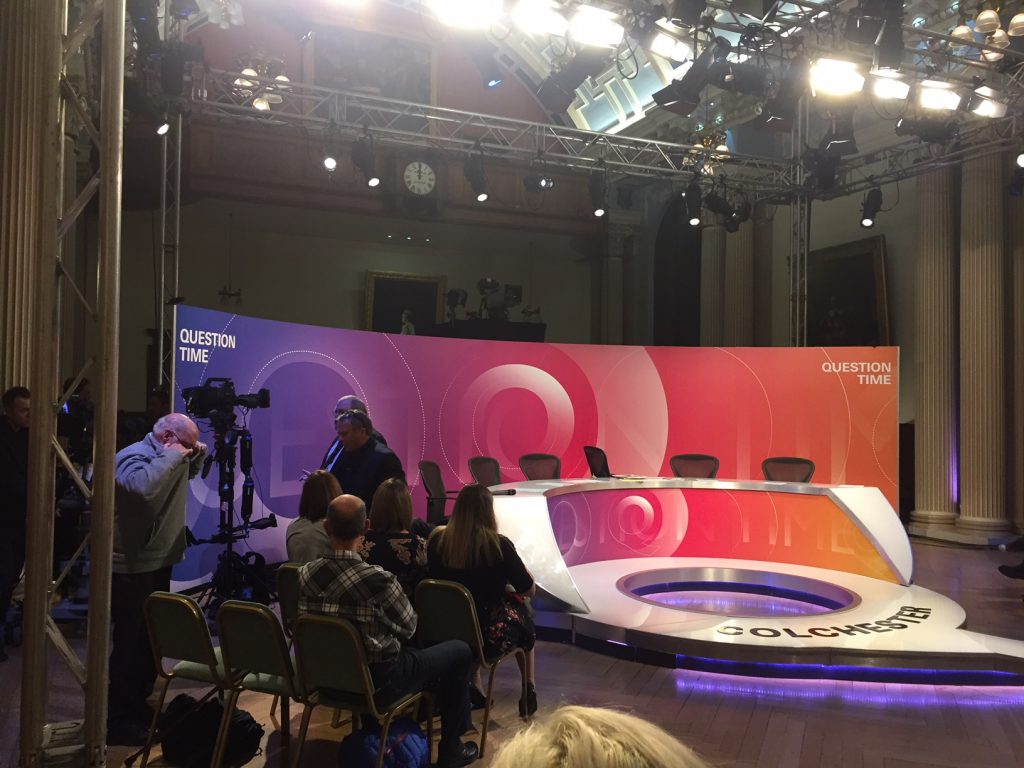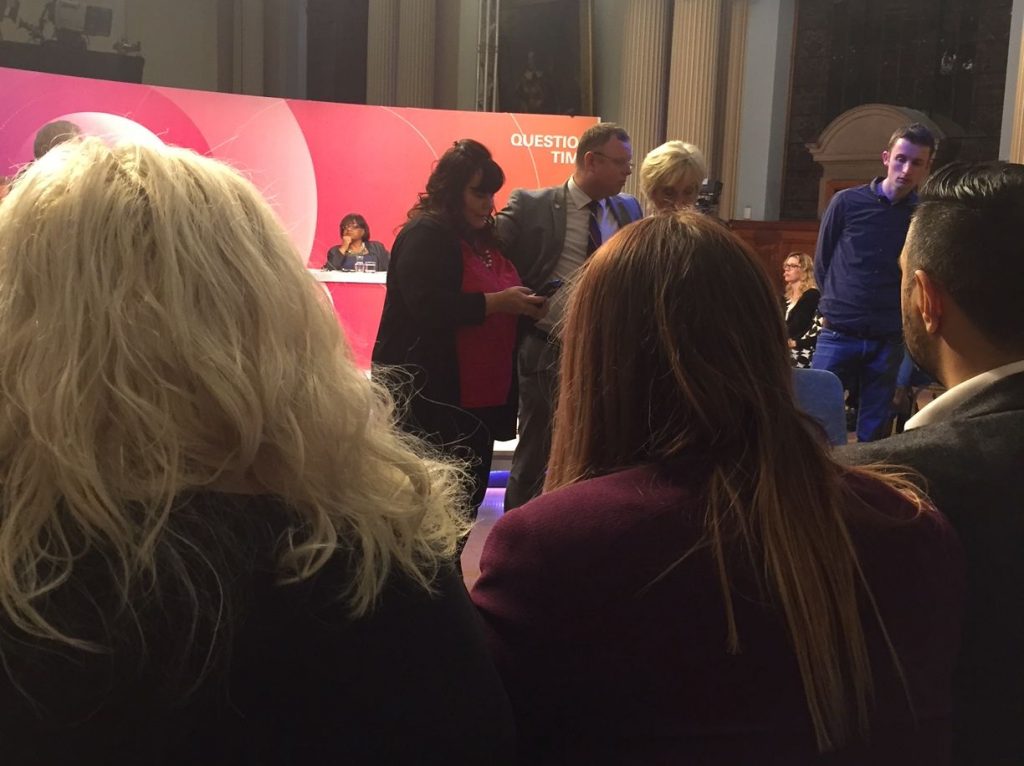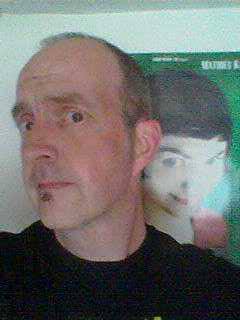BBFC 12A 2hrs 15mins
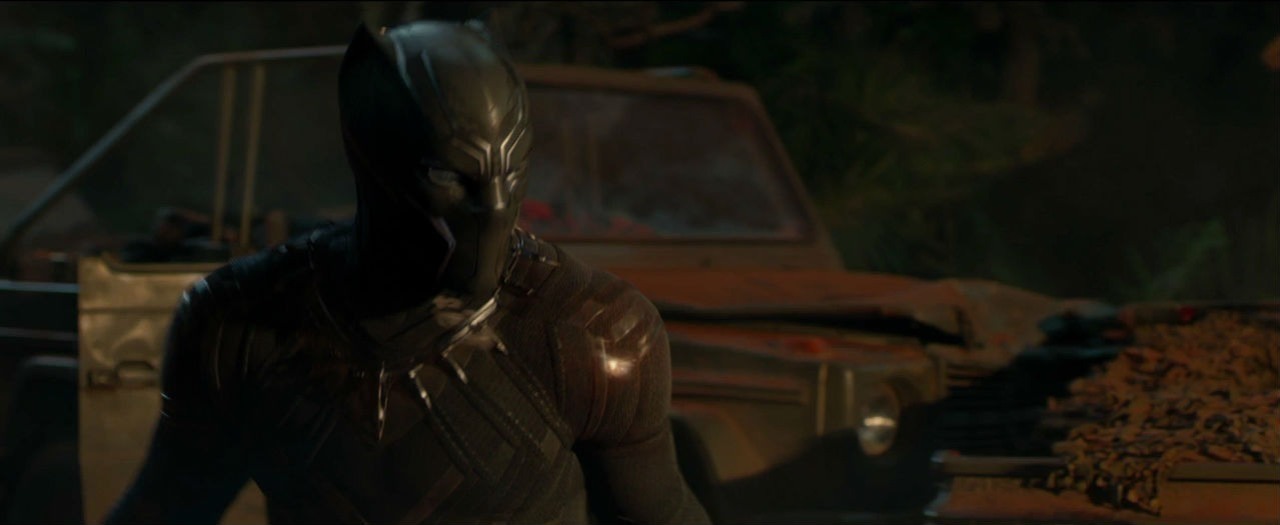
Ten years and seventeen (mostly enjoyable) instalments into its existence, the Marvel Cinematic Universe has introduced to a host of colourful characters; explored the far reaches of space and time and unknowable dimensions; dipped its toe into incredible technology, magic, mysticism and mythology; forged friendships and ripped them apart, created conflicts and uneasy alliances and established a blueprint upon which all prospective movie franchises aspire. If I have one problem with the Marvel Cinematic Universe, it is this: It exists within a bubble. The world/s it has created all serve the stories (and vice versa); it’s a parallel dimension upon which the real world (that is, our world) and real-world concerns never really seem to have any impact.
Until Black Panther, that is. The eighteenth instalment of the MCU creates a world that is very much based in our world, the problems our world face every day are what powers the film, move it forward and provide much food for thought long after the movie ends.
It is also beautiful to look upon, provides the best “villain” of all the Marvel movies so far and is a whole heap of fun to boot.
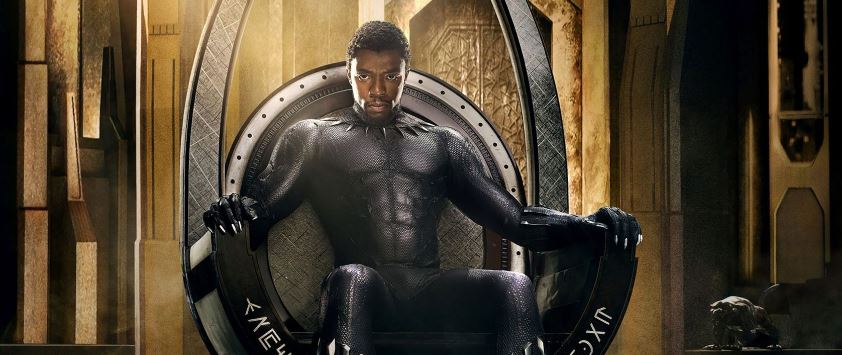
After the death of his father (as seen in Captain America: Civil War) Prince T’Challa (Chadwick Boseman) returns to his homeland, the isolated African nation of Wakanda, to take up his rightful mantle of King and Protector. To Western eyes Wakanda appears just another African nation of grasslands, jungle and scrub, the kind of place a certain world leader would refer to as a “S**thole”, but Wakanda hides a secret: It is actually the most technologically advanced country on Earth, blessed with an abundance of rare natural resources, not the least of which is Vibranium (the stuff used to make Captain America’s shield and Black Panther’s super suit). Vibranium is so valuable, in fact, that to control its mines and production could provide the means to fund a whole new empire, a global superpower greater than any which exist today.
Enter Erik Killmonger (Michael B. Jordan), an exiled Wakandan who has been living in the United States, who has seen the injustices, inequalities and prejudices perpetrated against people of colour both historical and contemporary. If Killmonger can kill T’Challa and take the throne of Wakanda he could create his own new black empire and take revenge on those nations he believes responsible for his people’s oppression.
The movie pivots on this central dialectic, an argument that is impossible to ignore and creates a moral quandary very few films have the bravery to explore. On one side you have a kingdom in the largest historical sense, a kind of Land That Democracy Forgot, hiding its wealth and technology, jealously guarding its secrets for the good of its people. On the other a world ravaged by the historical inequities of forced slavery, European colonialism, poverty and prejudice, a world in which Wakanda could have easily intervened and fought for the good of a continent instead of living in a self-imposed “Wexit”. It’s a genuinely thought-provoking thesis and, to be honest, something I never thought I’d see explored in a Superhero movie.
And while your mind is being blown by dialectical conundrums your eyes are assaulted by the kind of production design that comes along once in a blood-blue-moon. Wakanda is Afrofuturism writ large, it is at once a science-fiction wonderland of flying cars and monorails and super-suits and fancy gizmojigs but everything feels organically grown from ethnocentric, culturally authentic roots. Black Panther doesn’t stop there though, the world-building is incredibly thorough and believable, and I don’t just mean the architecture, there is more to explore in Wakanda’s culture than a single movie can possibly do justice to. From the politics of power through the veneration of its female warriors; from its spiritual Gnosticism through the ideas that preserve it and so, so much more.
What director Ryan Coogler has created here is a platform to not only explore further aspects of the MCU but a film upon which it is possible to investigate black politics, feminism, exile (self-imposed or otherwise), subjugation… should I go on?
But let’s not forget that this is first and foremost a superhero movie and, as such, it works really well (for the most part, unfortunately some rather shonky and weightless CGI mars the action sequences and, occasionally, the fights are difficult to follow with regards to who’s where and how things are happening). It’s just a shame Coogler didn’t bring the visceral and hard-hitting action over from his previous effort, Creed.
There’s terrific performances from the entire cast. Chadwick Boseman is suitably regal, his face occasionally softening as the young prince not quite ready to lead his people threatens to force its way to the surface. Michael B. Jordan is righteous anger given form, his body marked with a keloid scar tally of all his fallen enemies, an angry Simba who seriously just can’t wait to be king. There’s terrific support from Forrest Whittaker, Angela Bassett, Letitia Wright, Andy Serkis, Martin Freeman and (surprise Oscar Nominee) Daniel Kaluuya but special mention has to go to Lupita Nyong’o as T’Challa’s bodyguard and all round badass Nakia (like Tessa Thompson’s Valkyrie from Thor: Ragnarok I’d happily pay good money to see her in her own spin-off movie).
Black Panther is a seriously good movie. It’s not the movie I expected just one instalment away from the culmination of where the MCU has been heading for ten years (Avengers: Infinity War Part One lands in May, if you didn’t know) and, while for some this may come as a bit of a disappointment, I really enjoyed the change of pace.
*They don’t show end credit sequences at preview screenings because, you know, spoilers, but I have been assured there is one mid credits and one at the very end so don’t leave your seat too early.
Andy Oliver

